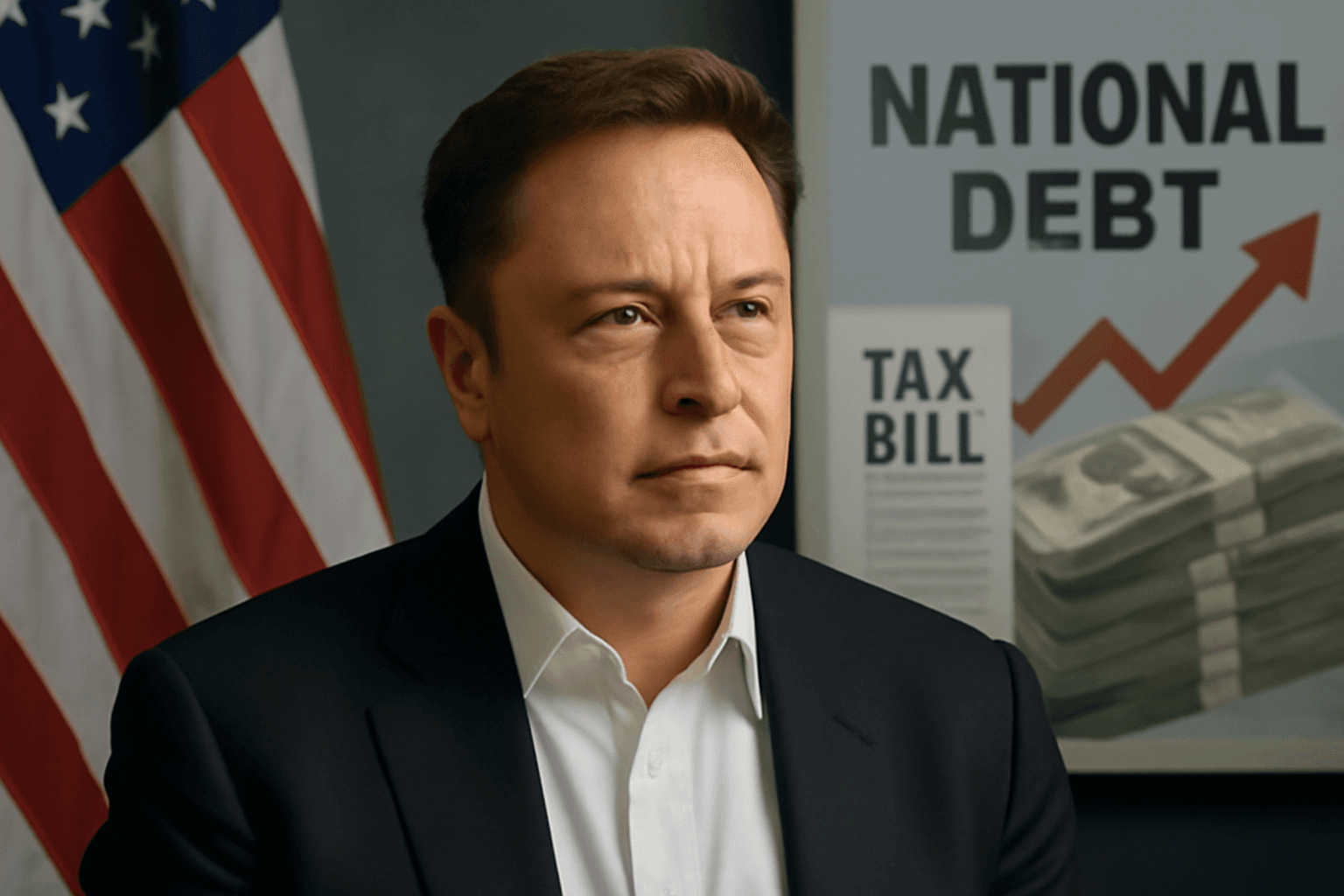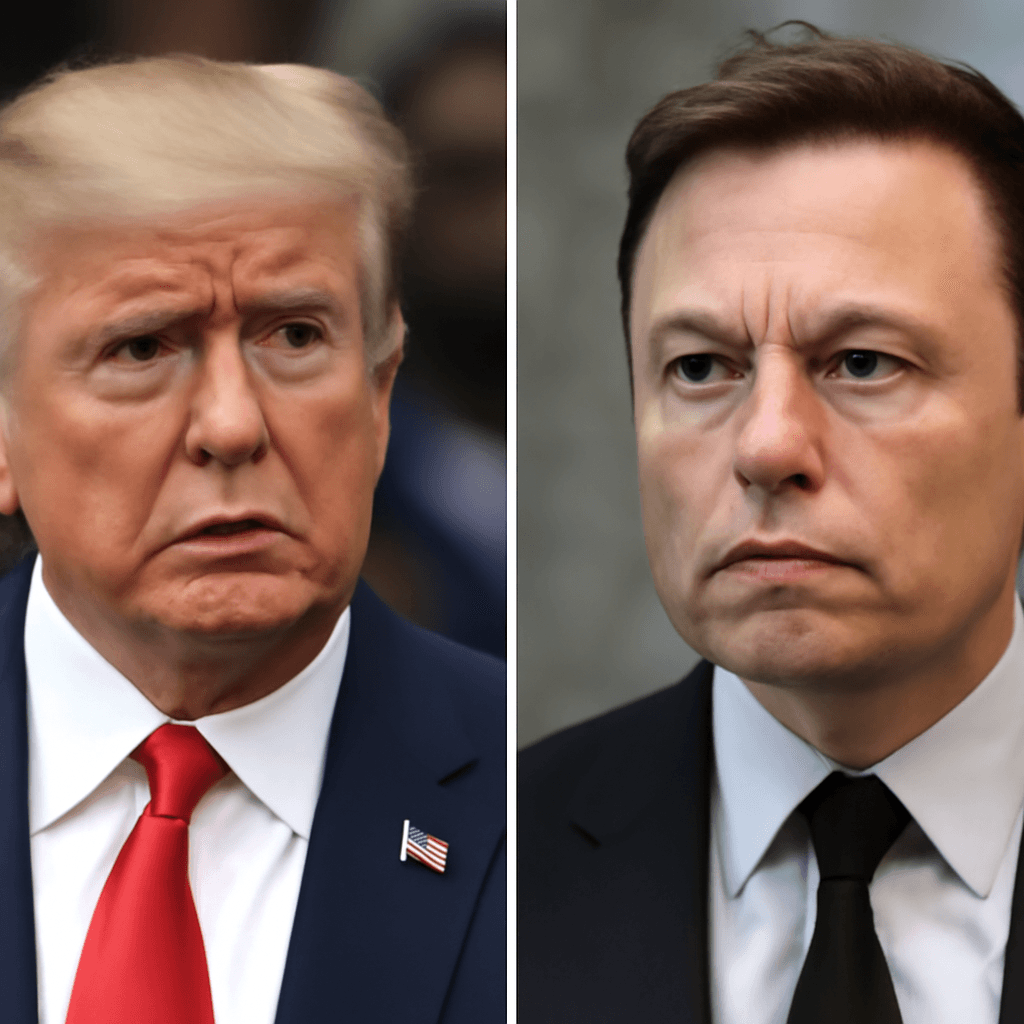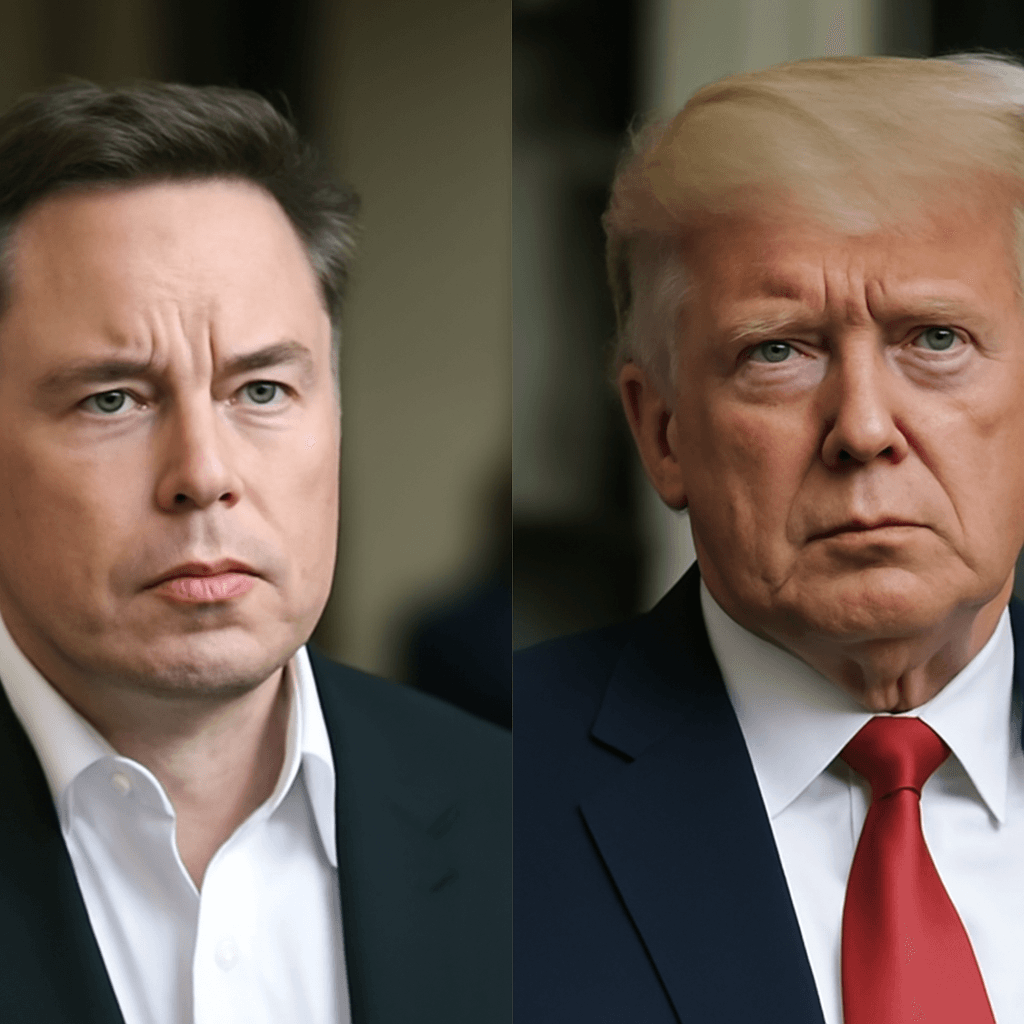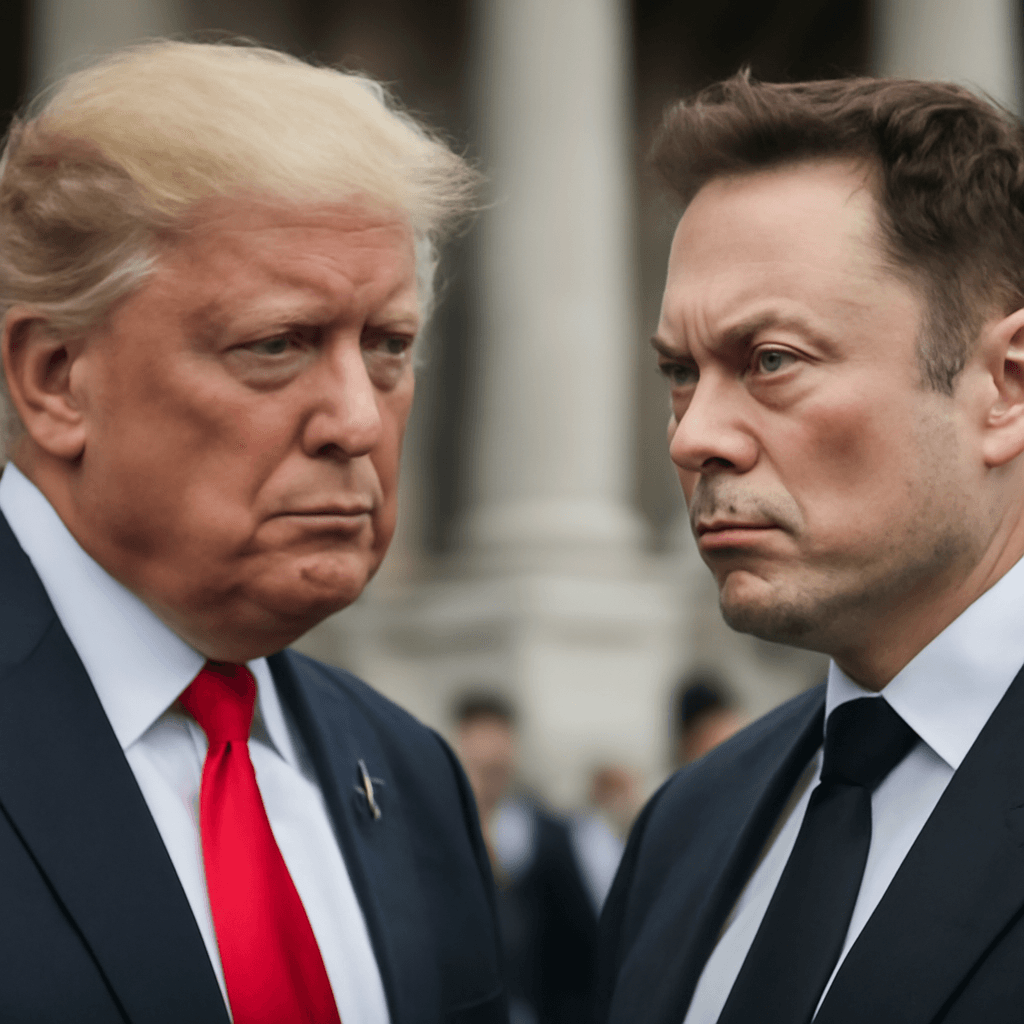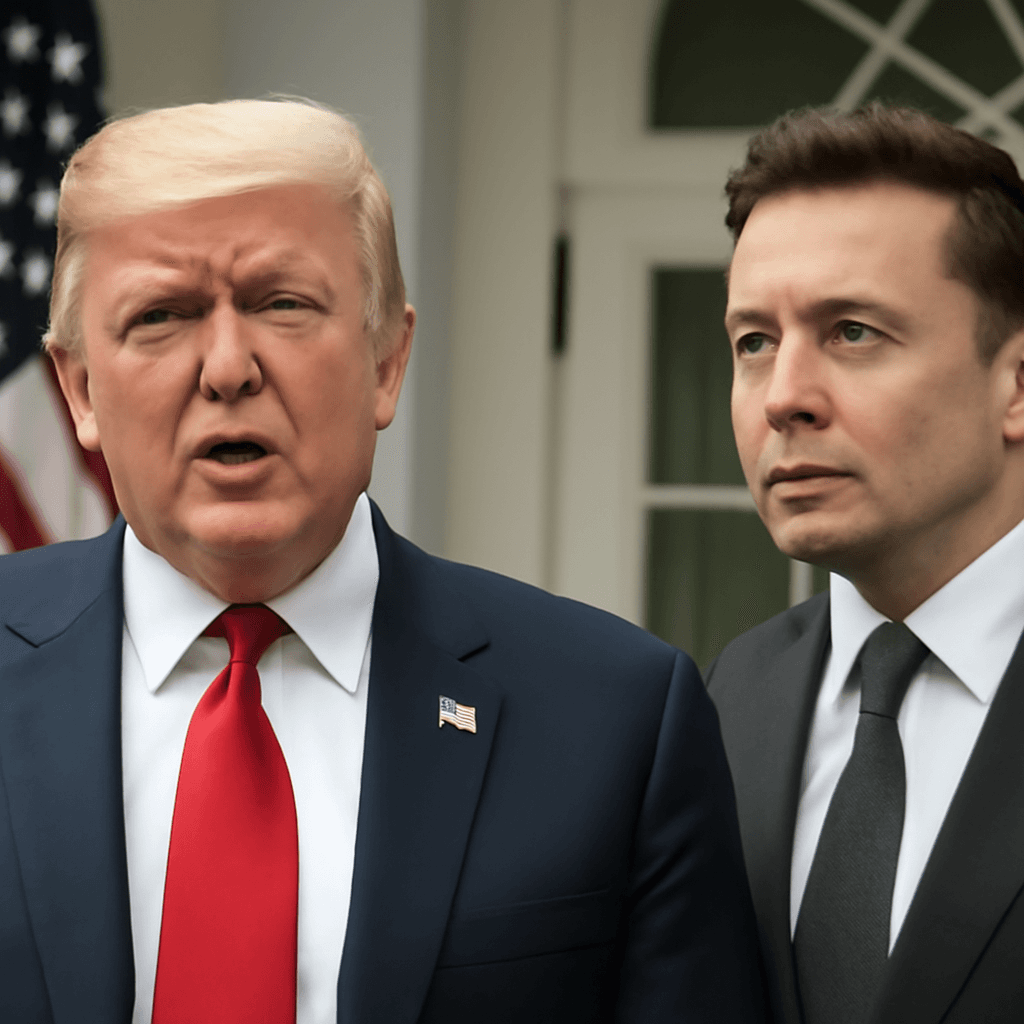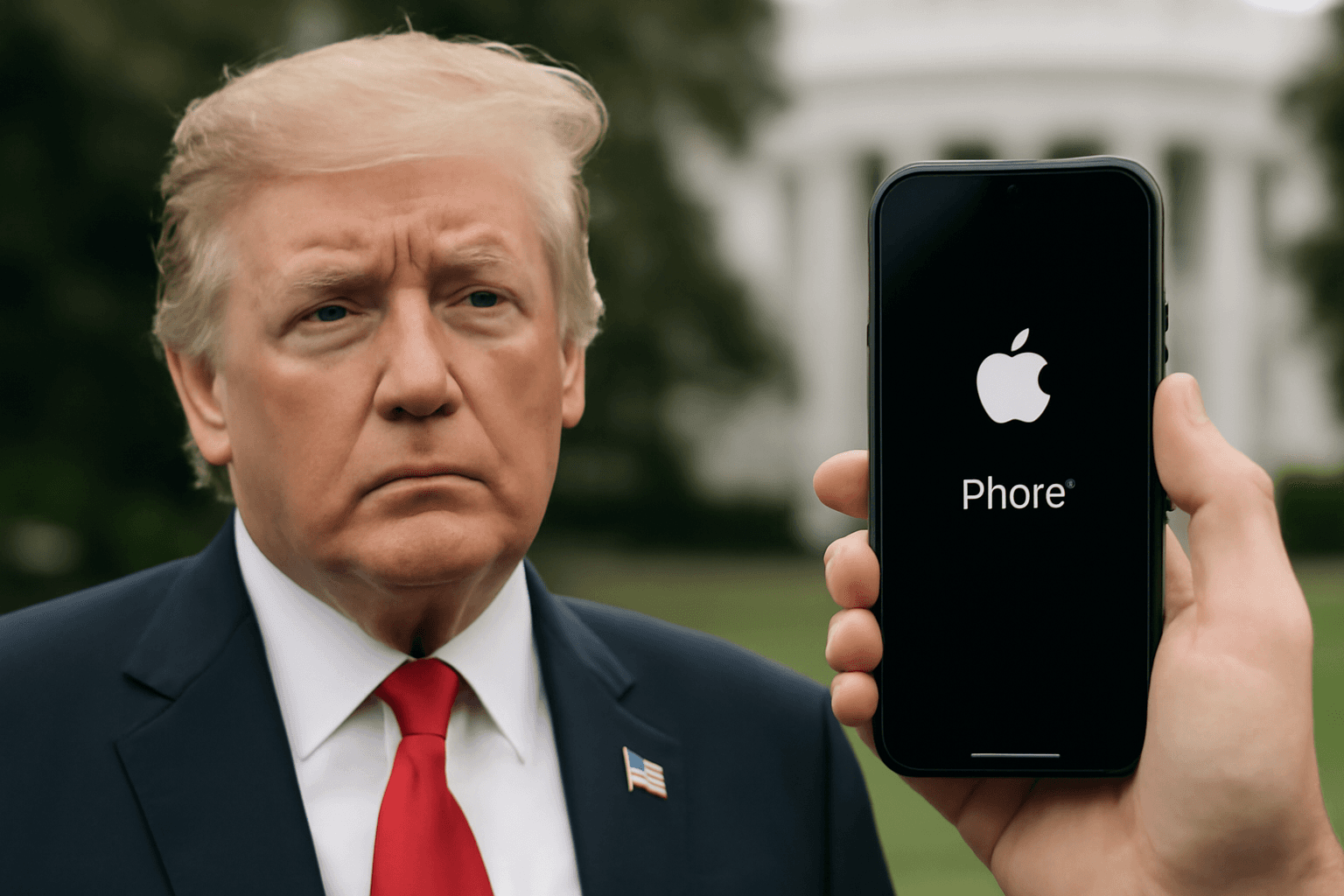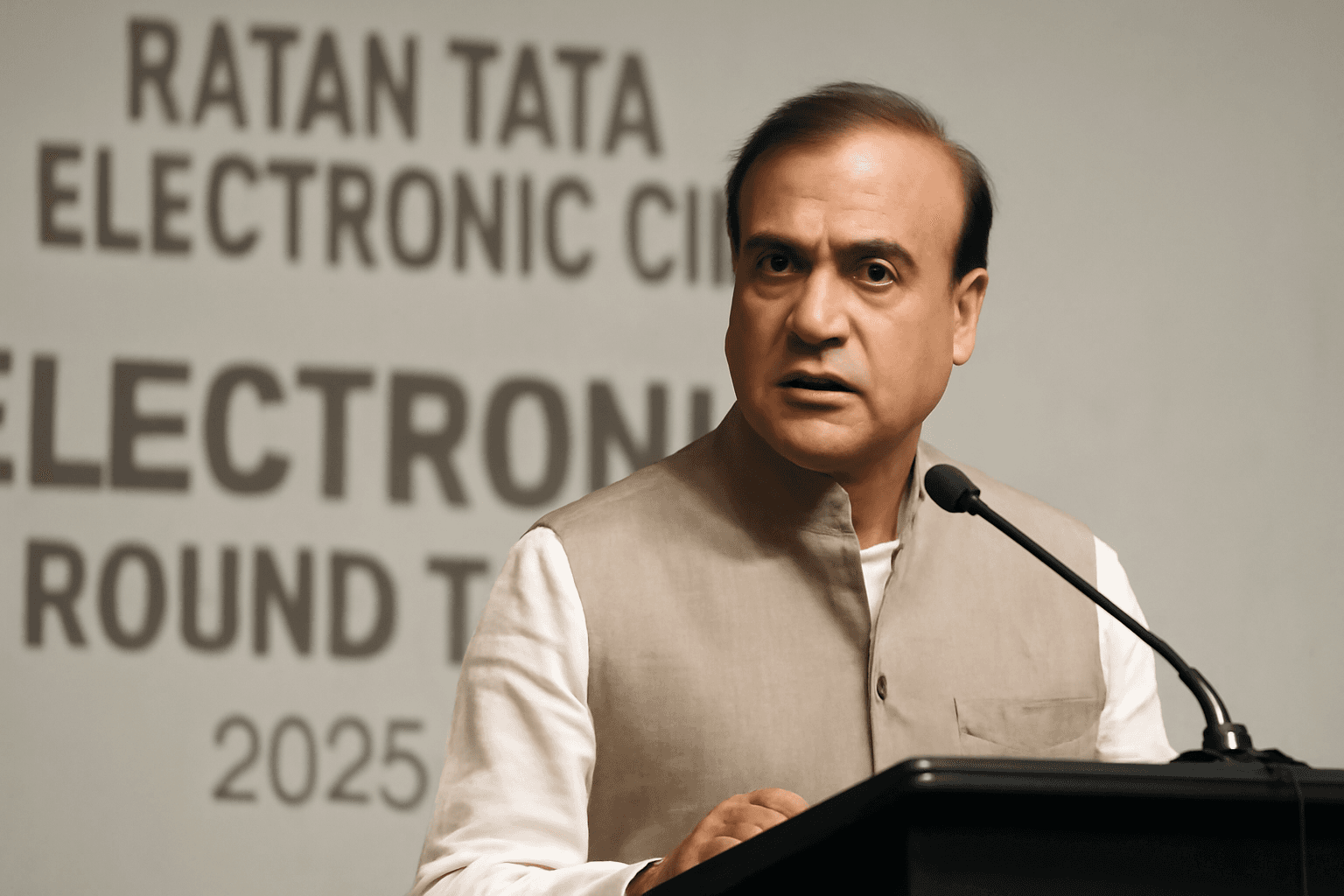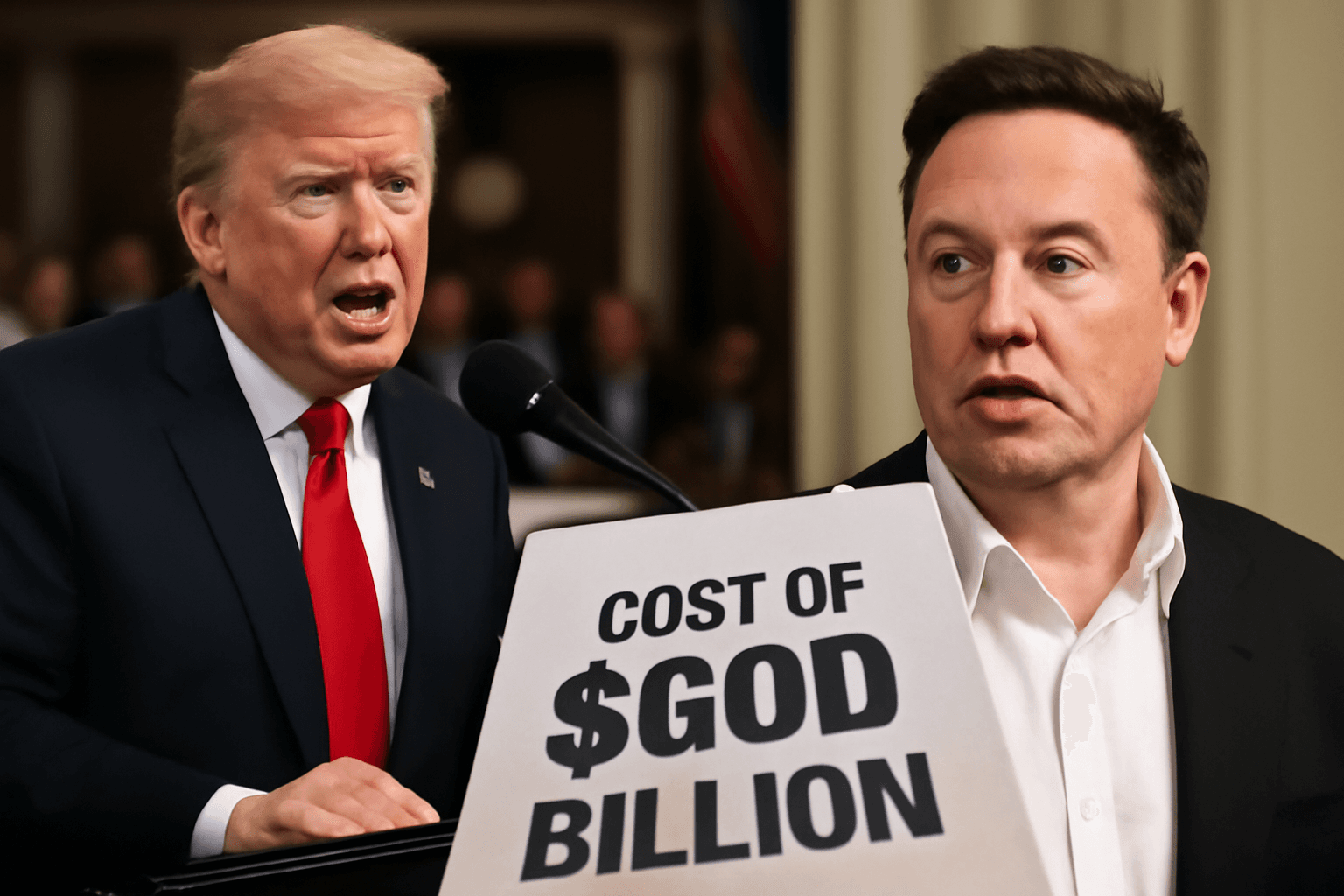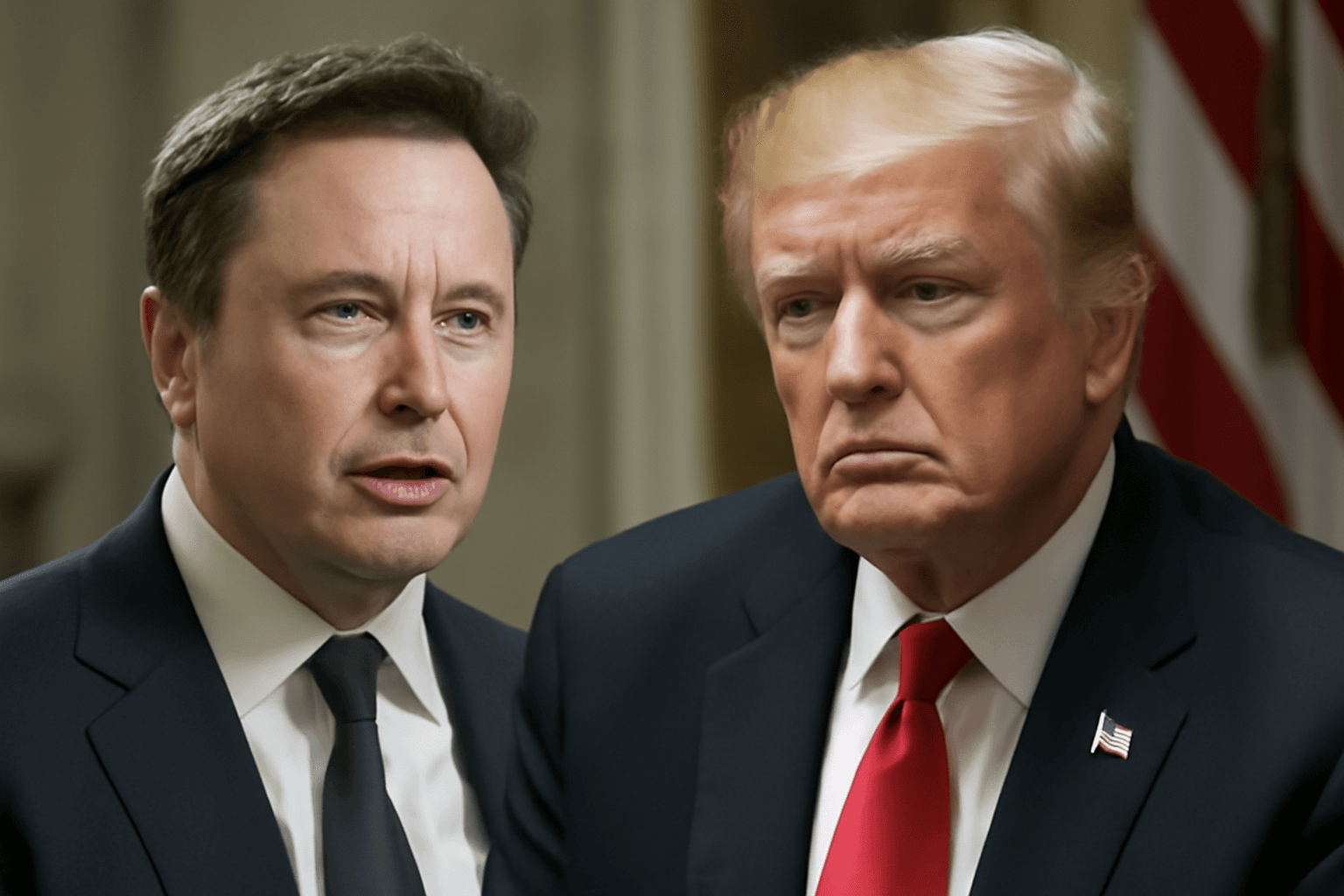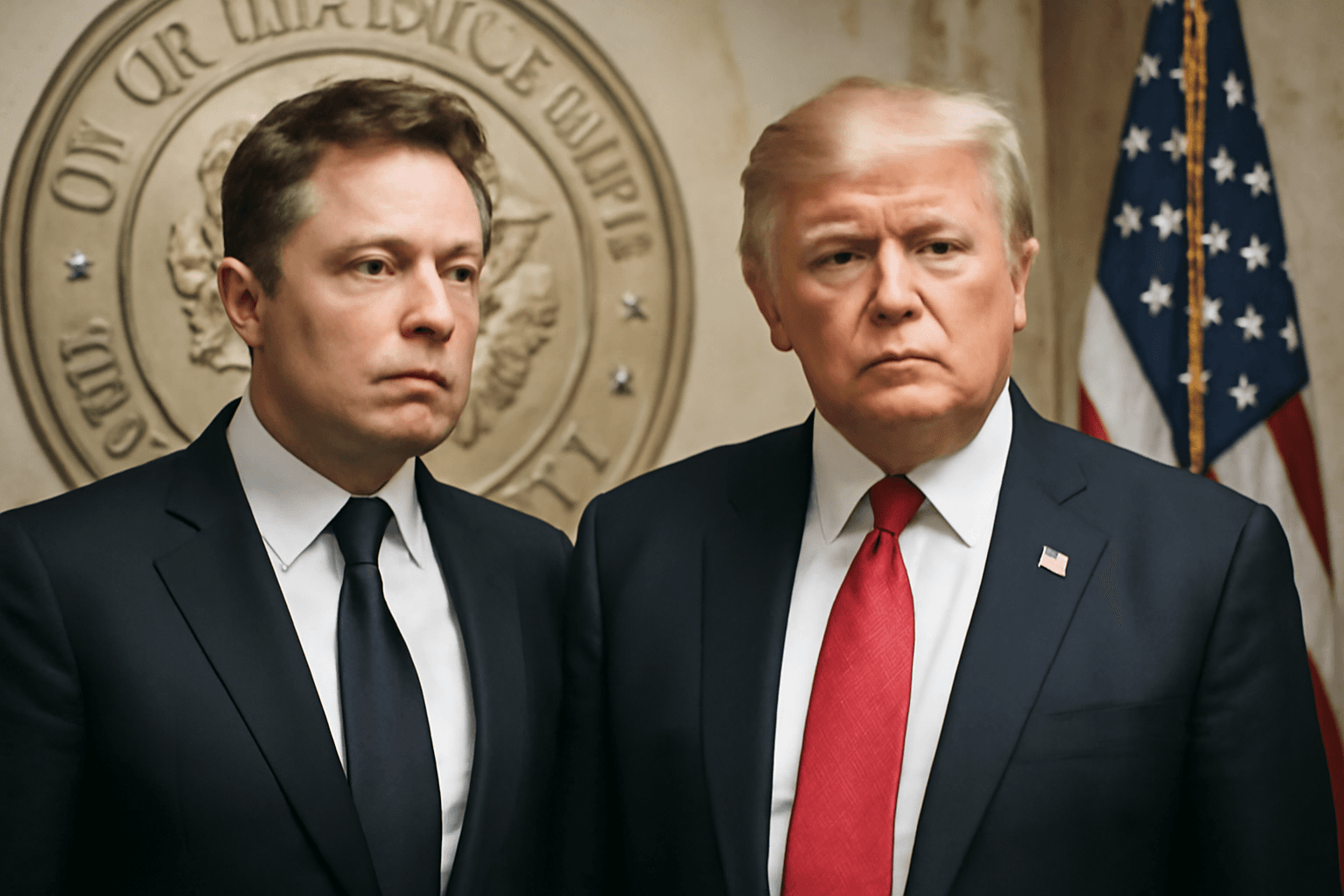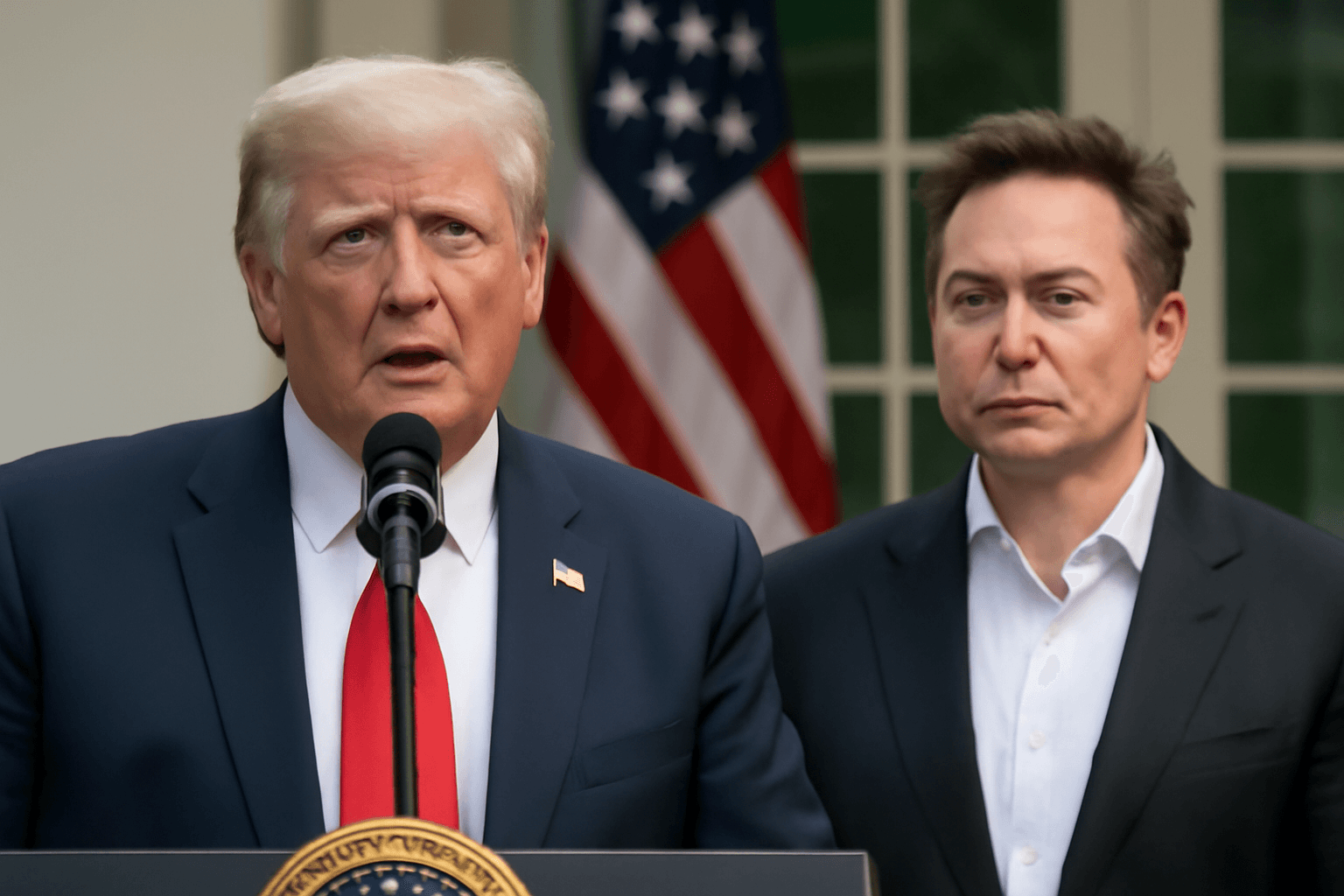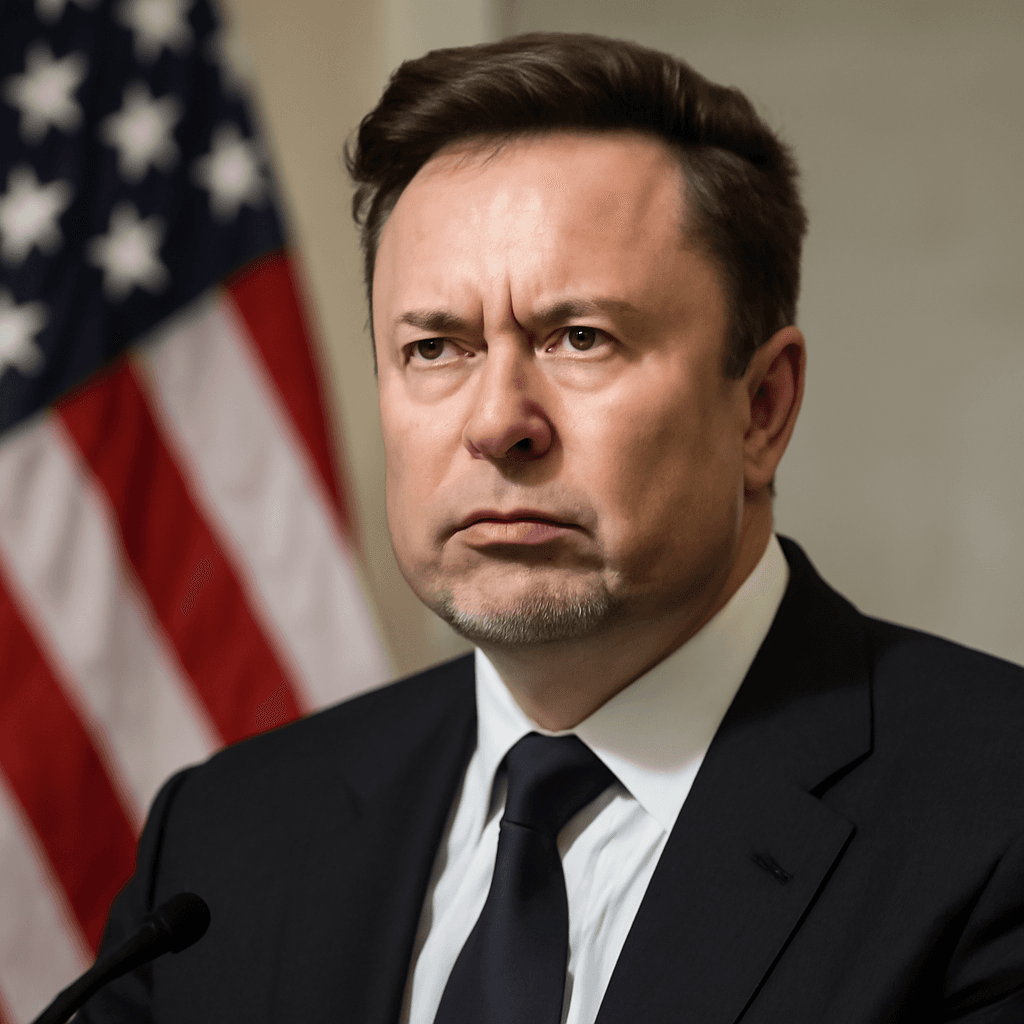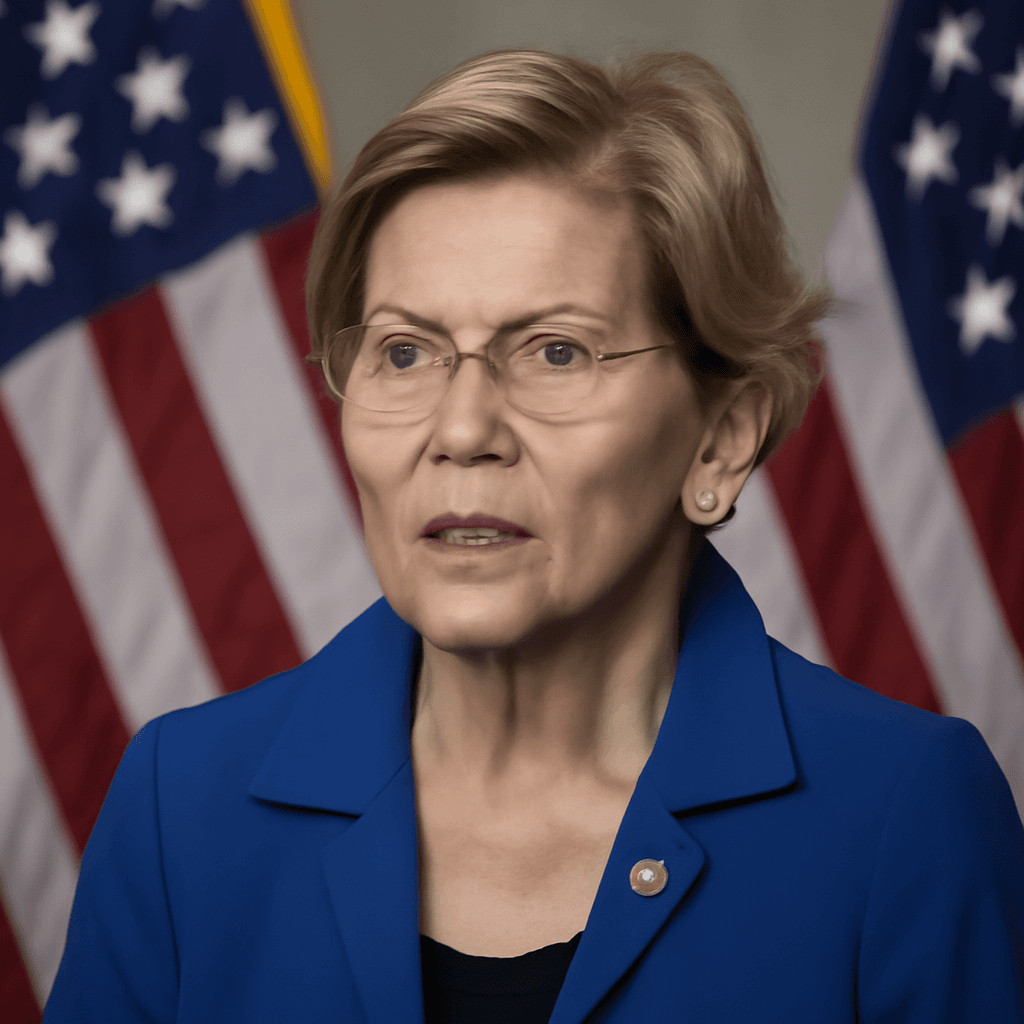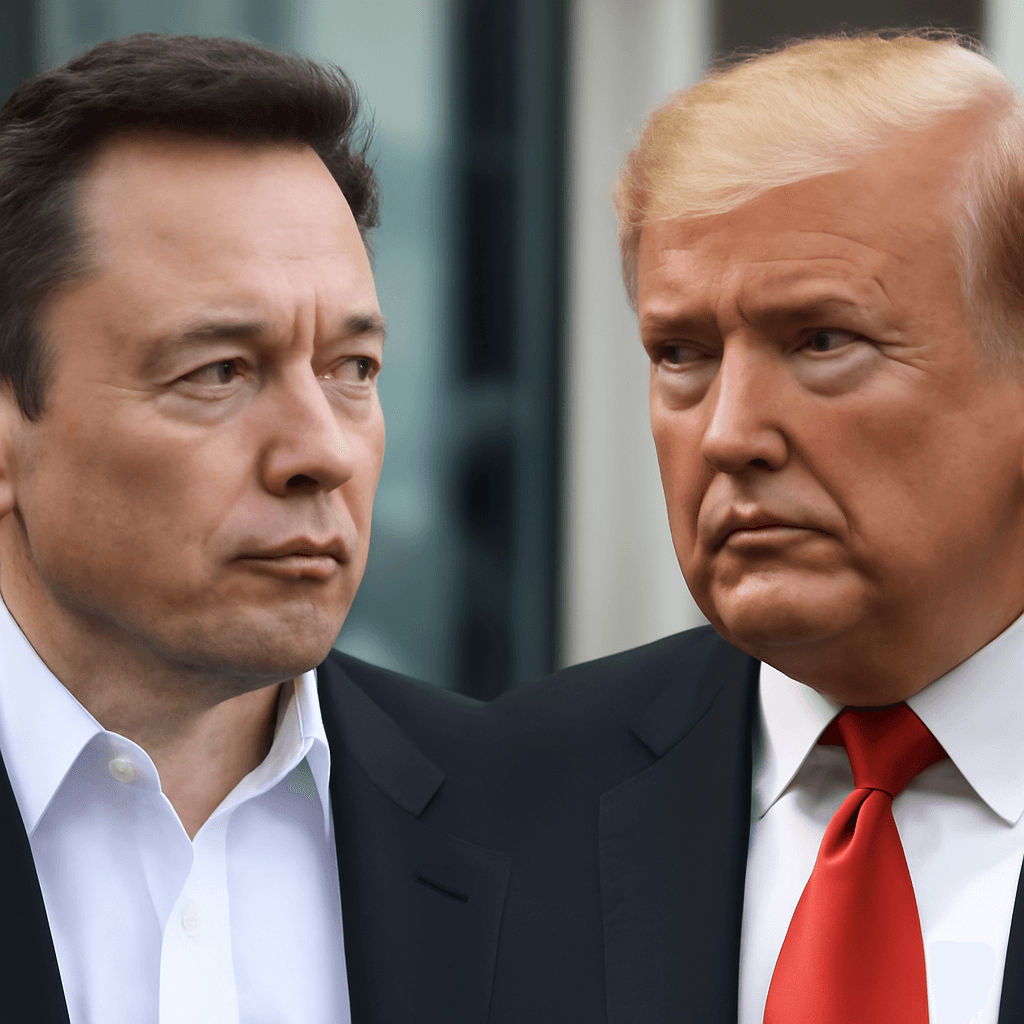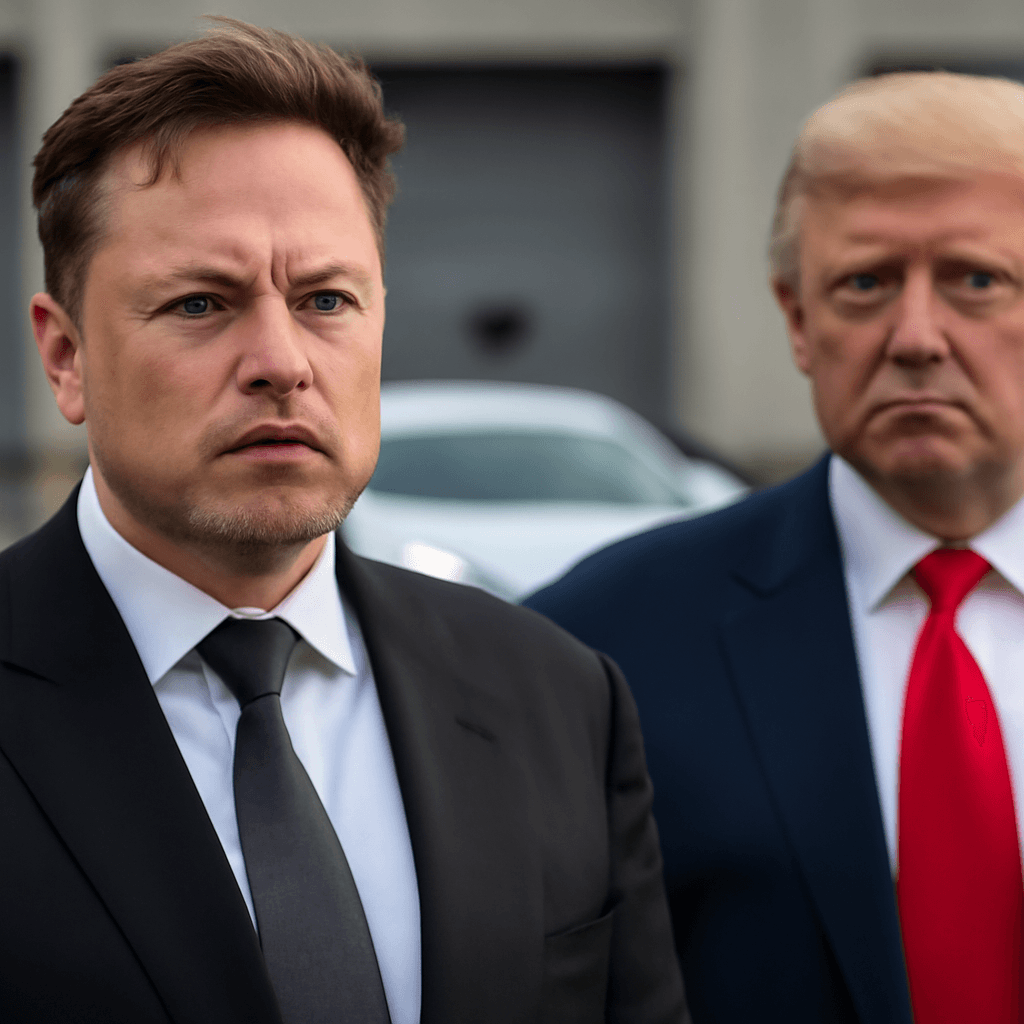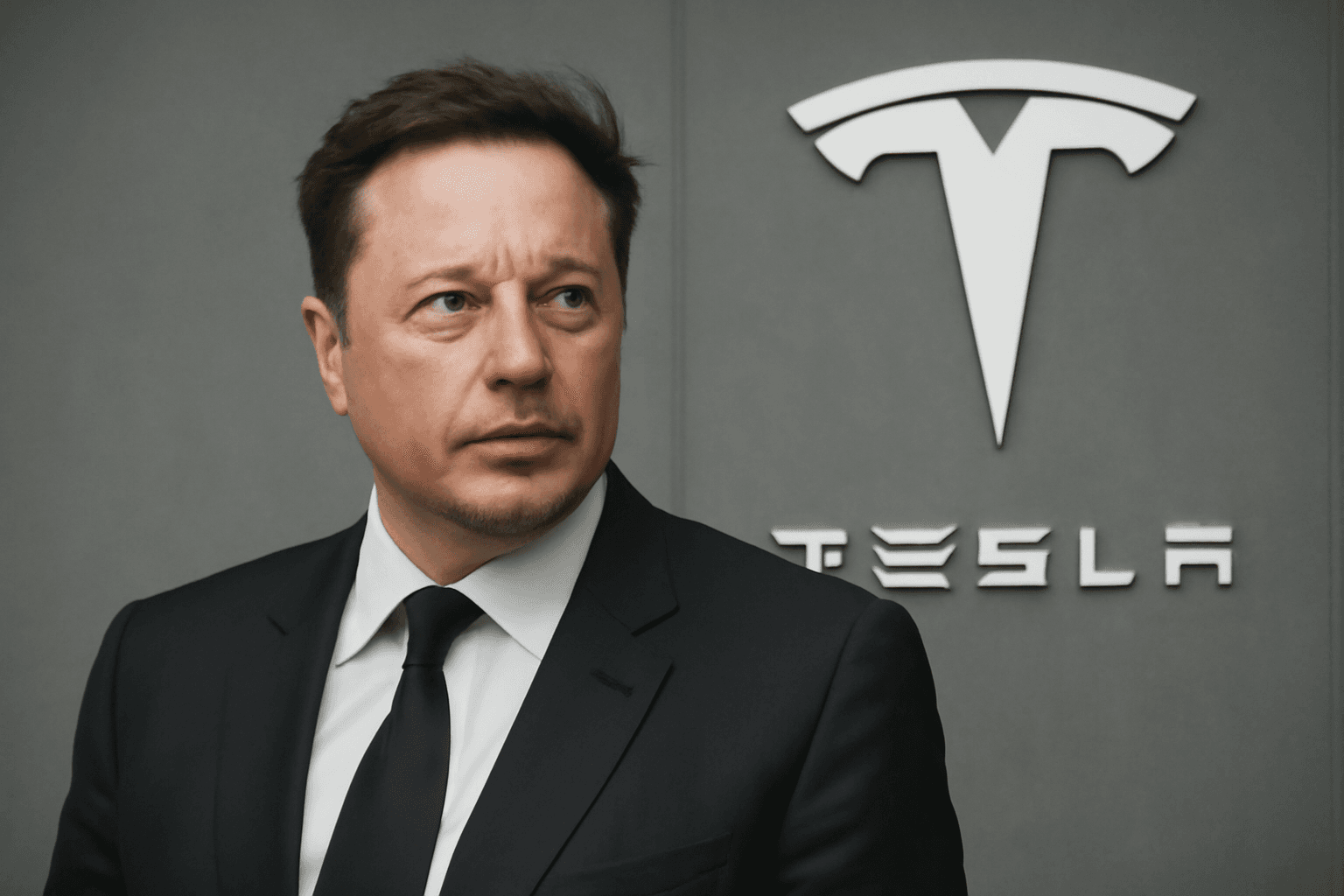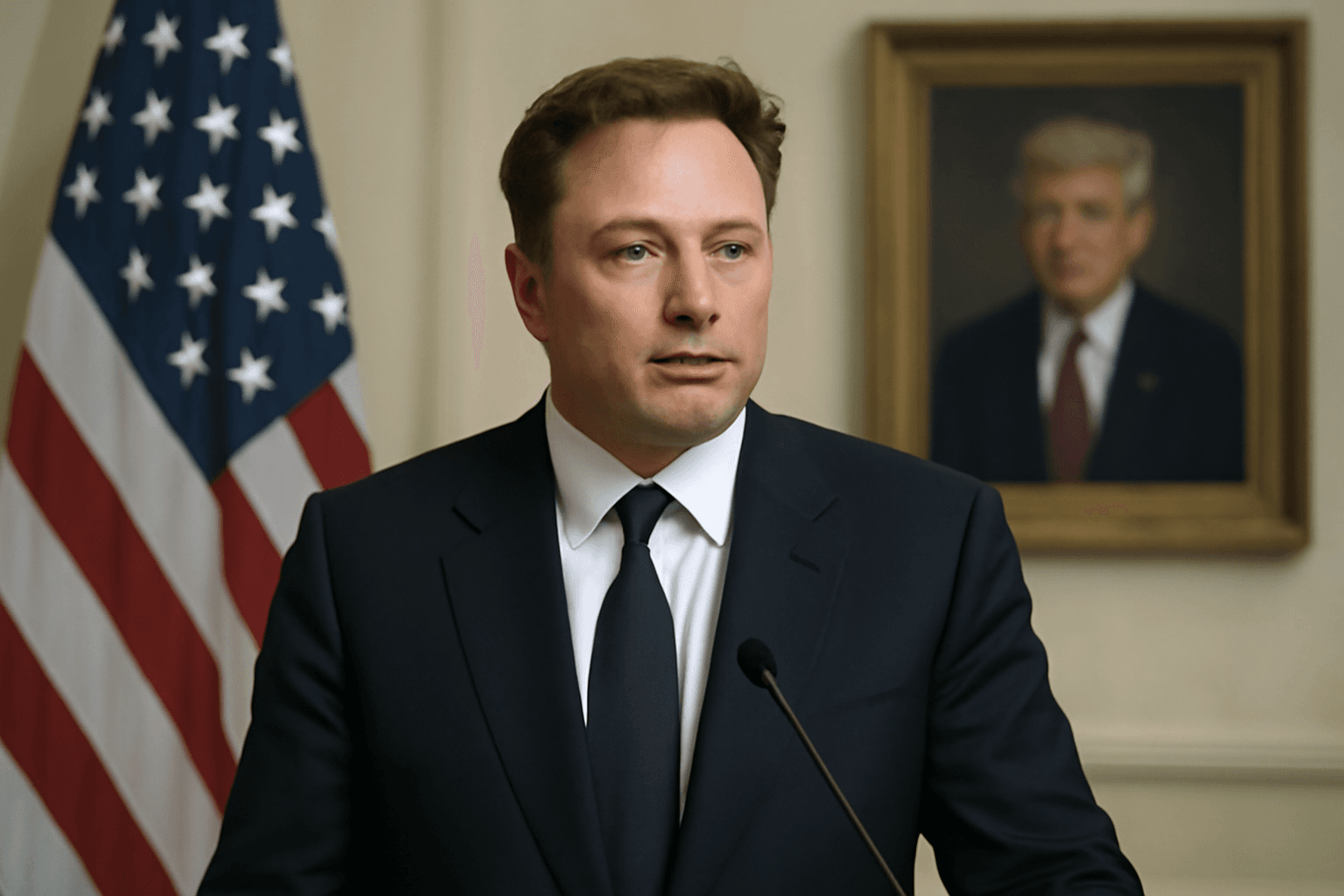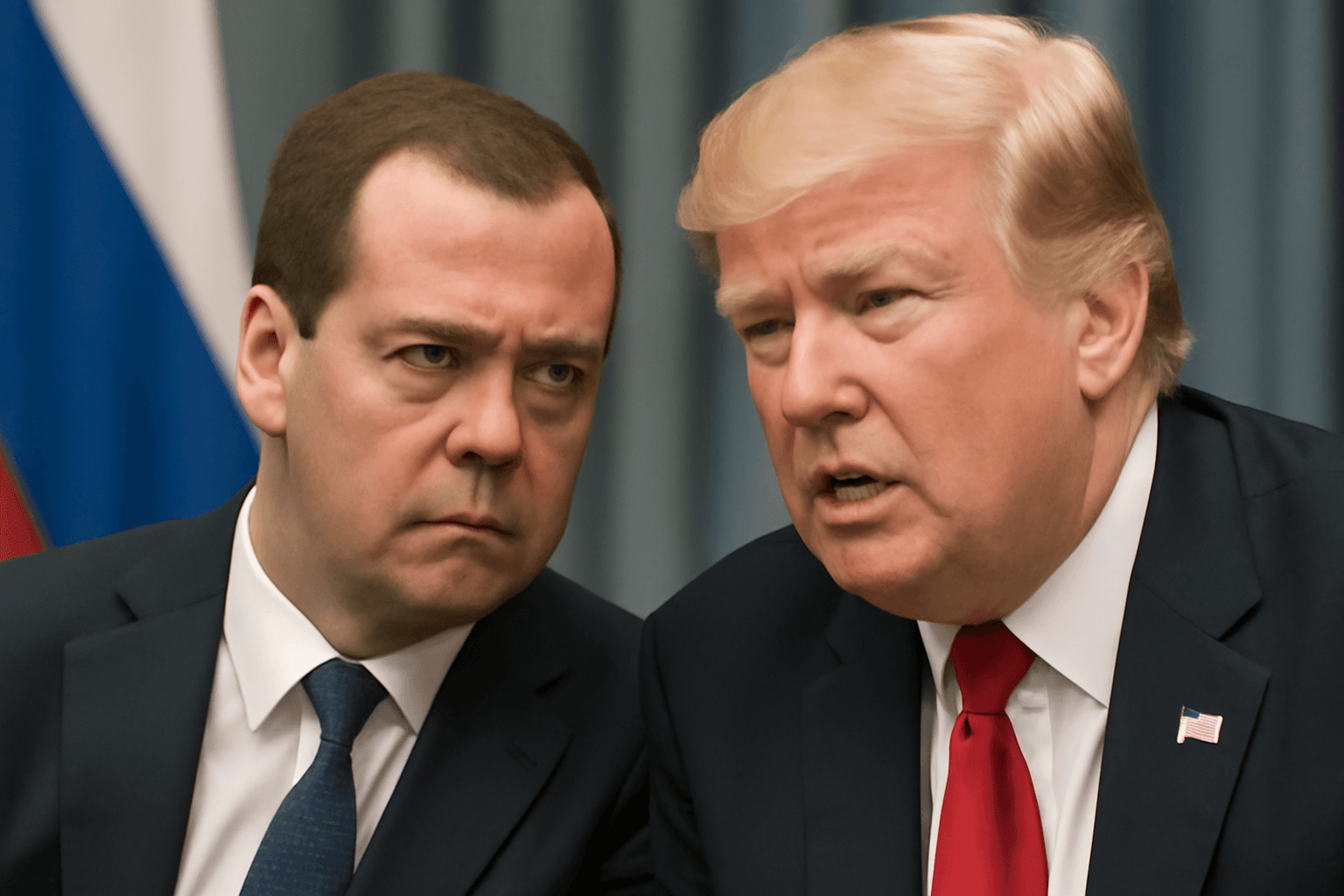New Delhi, May 28, 2025: Billionaire entrepreneur Elon Musk publicly criticized the Trump administration’s recently passed tax and spending legislation, expressing concerns about its impact on the federal budget deficit and government efficiency efforts.
In a preview clip of an upcoming interview with CBS Sunday Morning, Musk stated, “I think a bill can be big, or it can be beautiful. But I don’t know if it can be both.” His comments appear to be directed at the so-called "One Big Beautiful Bill Act," which combines substantial tax cuts, major spending expansions, and significant reductions to social safety net programs.
The legislation extends tax cuts for individuals and corporations while ending many clean energy incentives. It also cuts approximately $1 trillion from social programs such as Medicaid and food assistance. Despite these reductions, the Congressional Budget Office estimates the bill will increase the federal deficit by about $2.3 trillion.
Musk, who once led the "Department of Government Efficiency" (DOGE), a White House initiative aimed at cutting government waste, expressed disappointment that the bill undermines the DOGE team’s efforts. He said, “I was disappointed to see the massive spending bill, which increases the budget deficit … and undermines the work that the Doge team is doing.”
This disagreement underscores a growing divide between Musk and President Trump, despite Musk’s previous support for Trump’s re-election campaign, including a $200 million super PAC donation. Musk stepped back from his White House-linked role in April after Tesla’s earnings suffered and his political initiatives yielded limited results.
The bill also includes provisions that negatively affect Musk’s business interests. It eliminates the $7,500 federal tax credit for electric vehicles and imposes a new $250 annual EV registration fee. While Musk had earlier advocated phasing out such incentives, that position shifted after Tesla reported a 71% drop in first-quarter profits and a significant decline in stock value.
Musk’s critique highlights concerns among industry leaders regarding the fiscal and policy directions set by the Trump administration's recent legislation, emphasizing potential conflicts between political decisions and economic sustainability.

